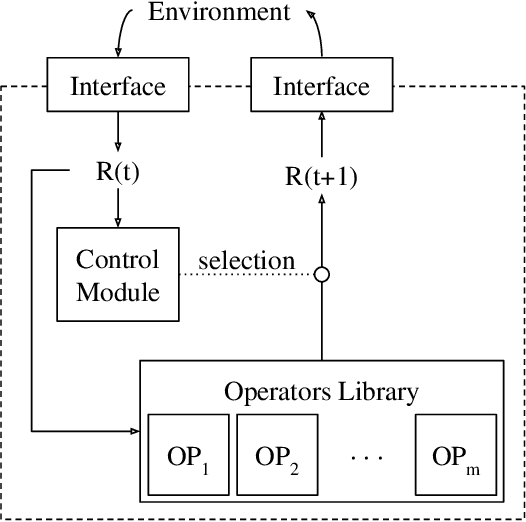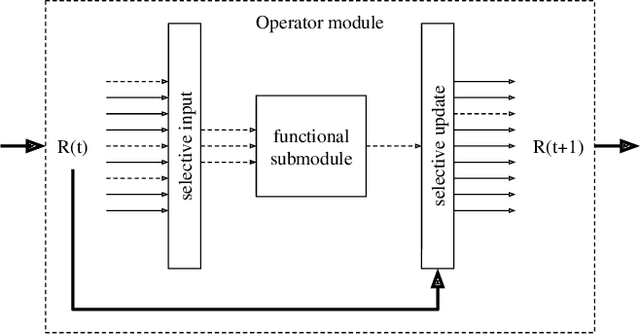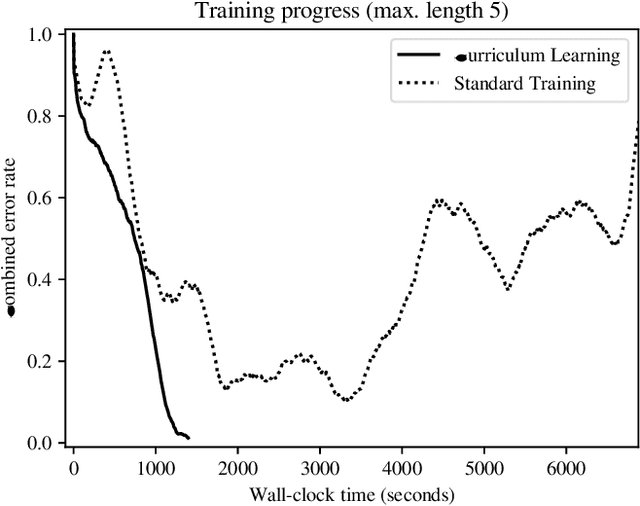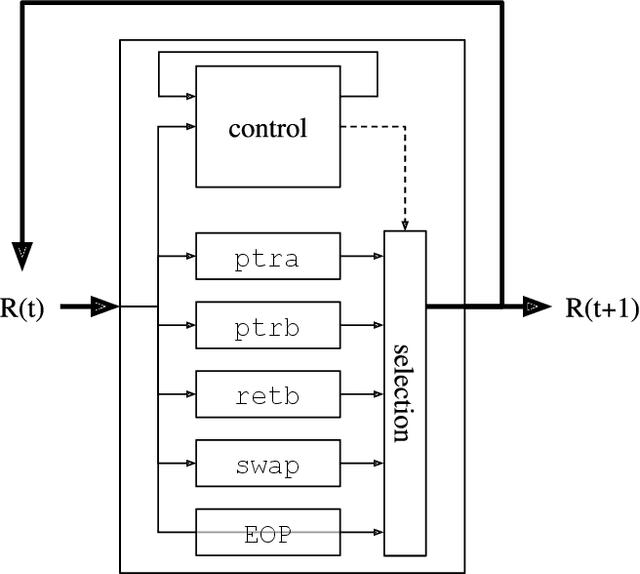Modularity as a Means for Complexity Management in Neural Networks Learning
Paper and Code
Feb 25, 2019



Training a Neural Network (NN) with lots of parameters or intricate architectures creates undesired phenomena that complicate the optimization process. To address this issue we propose a first modular approach to NN design, wherein the NN is decomposed into a control module and several functional modules, implementing primitive operations. We illustrate the modular concept by comparing performances between a monolithic and a modular NN on a list sorting problem and show the benefits in terms of training speed, training stability and maintainability. We also discuss some questions that arise in modular NNs.
* Full-paper submited to the AAAI-MAKE 2019
 Add to Chrome
Add to Chrome Add to Firefox
Add to Firefox Add to Edge
Add to Edge